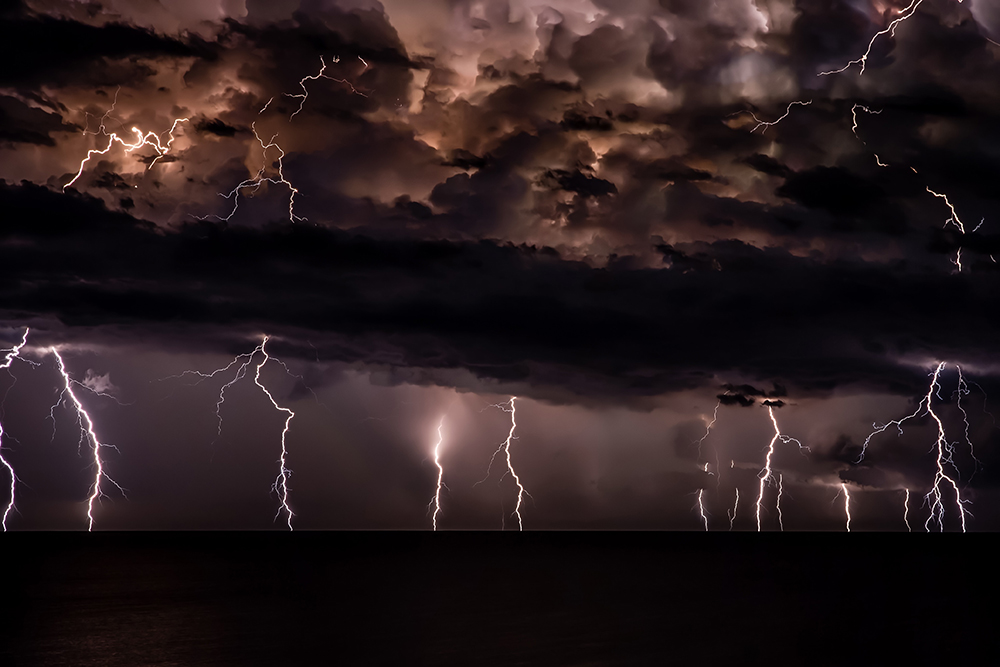Saudi Arabia’s PIF has already snapped up a cruise operator, oil groups and a football club
Gulf sovereign wealth funds including Saudi Arabia’s Public Investment Fund and Abu Dhabi’s Mubadala are mobilising to buy assets whose valuations have been hit hard by the coronavirus outbreak.
Bankers and people close to the funds said they were looking to invest in areas that would bounce back in a global recovery, such as healthcare, technology and logistics.
A senior Saudi official told the Financial Times that the kingdom had set up a dedicated team to look at the “midterm and long-term, downside and upside” of the global crisis, while the $320bn PIF, chaired by Crown Prince Mohammed bin Salman, pursued a strategy that was a “mix of strategic and opportunistic”.
The Saudi fund has already made a series of big investments in the past few weeks, from cruise operator Carnival to oil groups Royal Dutch Shell, Total, Repsol, Equinor and Eni. This week it agreed to acquire English football club Newcastle United in a £300m deal.
The Saudi official said Riyadh was examining how to “utilise” the situation to “reduce the impact [on the kingdom] long-term, but also benefit from the potential behaviour and business model changes around the world”.
“We are identifying very interesting areas, whether it’s in logistics, whether it’s in technology and telemedicine, or others that are very promising,” the official said.
They want high visibility but they also want to make money. They want to diversify the economy, but want to be opportunistic
Mubadala, Abu Dhabi’s most active sovereign investment vehicle, which is headed by Khaldoon al-Mubarak, one of the emirate’s most influential policymakers, is also actively seeking investments, including in sectors such as healthcare technology in the US and Europe, and in China.
One person familiar with the $230bn fund said it was “being a careful steward of its portfolio, while waiting for the right time to begin more large-scale capital deployment”, highlighting potential investments in “cutting-edge pharma and med-tech”.
Both Mubadala and Saudi Arabia’s PIF were key investors in SoftBank’s struggling Vision Fund, pumping in $15bn and $45bn respectively.
The $320bn Qatar Investment Authority, whose trophy assets include London’s Shard building and Harrods department store, was already seeking to increase its exposure to North America and Asia and last year set up a dedicated emerging markets team to take direct stakes in companies in Latin America, Africa and Asia.
“Given the volatility in the markets, the QIA is looking for investment opportunities,” a Qatari official said.
The hunt for deals has echoes of the 2008-09 global financial crisis, when Qatar and Abu Dhabi invested billions of dollars in distressed groups including Barclays, Credit Suisse, VW Porsche and Daimler.
Bankers do not expect the same scale of transactions as during that period given the pressure on Gulf economies, but are already lining up deals for the region’s investment vehicles.
“We are presenting every opportunity we can to the Gulf and Singapore,” a senior London-based banker said: “They’re all going to get great deals right now.”
A Gulf-based banking executive said sovereign wealth fund managers were working with investment banks to search out undervalued firms. “The shopping list is being readied,” the banker said.
The region’s biggest sovereign wealth fund, the Abu Dhabi Investment Authority (Adia), which is estimated to have assets under management between $700bn to $800bn, traditionally takes a more conservative approach. It needs to be on standby for any “cash call” if the UAE’s authorities decide to draw funding for federal purposes such as providing liquidity to less wealthy emirates, but it is also expected to be on the lookout for mispriced assets.
Adia sold down its investments in prime real estate in major cities and exited some infrastructure investments, including its stake in Gatwick airport, during the past three years, believing the prices of some assets had peaked. It is holding a higher proportion of cash and liquid assets than 12 months ago.
The Kuwait Investment Authority, which invested $3bn in Citigroup in 2008 and made a $1.1bn profit selling the stake a year later, typically follows a similarly conservative style.
Despite the appetite for investments, the environment is very different for the Gulf compared with the global financial crisis, when, with the exception of Dubai, the impact was not as severe as in the west.
Today, they are battling the Covid-19 pandemic and the economic carnage it has wrought at home, while also enduring the blow of the collapse in oil prices after five years of lacklustre growth.
In Saudi Arabia, the PIF has huge commitments as it oversees a string of megaprojects that were intended to drive economic activity and lead the reforms being championed by Prince Mohammed, who chairs the fund. Consultants expect some of those projects to be delayed or halted as Riyadh is forced to cut spending.
The PIF is expected to be the main recipient of the $29bn raised by Saudi Aramco’s initial public offering last year and it is due to receive $69bn in tranches from the state oil company’s acquisition of the PIF’s stake in Sabic, the petrochemicals firm, once that deal is completed this year.
“I don’t understand why the PIF is doing what they are doing now when their country is going to need every penny,” said a senior banker in the region. “It very much reminds me of the QIA in its early years. There’s a strategy, but they are not adhering to a strategy. They want high visibility but they also want to make money. They want to diversify the economy, but want to be opportunistic.”
The PIF said the fund’s investment strategy “includes, and remains, to actively seek strategic opportunities in Saudi Arabia and around the world that have strong potential to generate significant long-term returns”.
“These opportunities will include sectors and companies that are well positioned to participate significantly in, and drive, economies moving forward,” it added.
Additional reporting by Anjli Raval and Arash Massoudi in London

